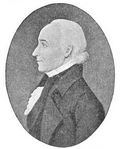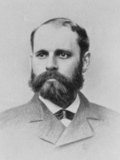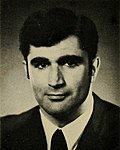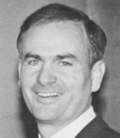| Secretary of the Commonwealth of Massachusetts | |
|---|---|
 | |
| Government of Massachusetts | |
| Style | His Honor/Her honor |
| Status | Chief administrator Registrar of deeds Records officer Constitutional officer |
| Residence | None official |
| Seat | State House, Boston, Massachusetts |
| Nominator | Nominating petition, Political parties |
| Appointer | Popular vote |
| Term length | Four years, no limit |
| Constituting instrument | Constitution of Massachusetts |
| Formation | Original post: August 23, 1629 [1] Current form: October 25, 1780 |
| Succession | Second |
| Unofficial names | Secretary of State |
| Website | www |
The secretary of the Commonwealth of Massachusetts is a constitutional officer in the executive branch of the Commonwealth of Massachusetts. Originally appointed under authority of the English Crown pursuant to the Charter of the Massachusetts Bay Company, the office of secretary of the Commonwealth (equivalent to "secretaries of state" in other U.S. jurisdictions) became an elective one in 1780. [a] Twenty-seven individuals have occupied the office of secretary of the Commonwealth over the ensuing centuries. The incumbent is William F. Galvin, a Democrat who has held the office since 1995.


















